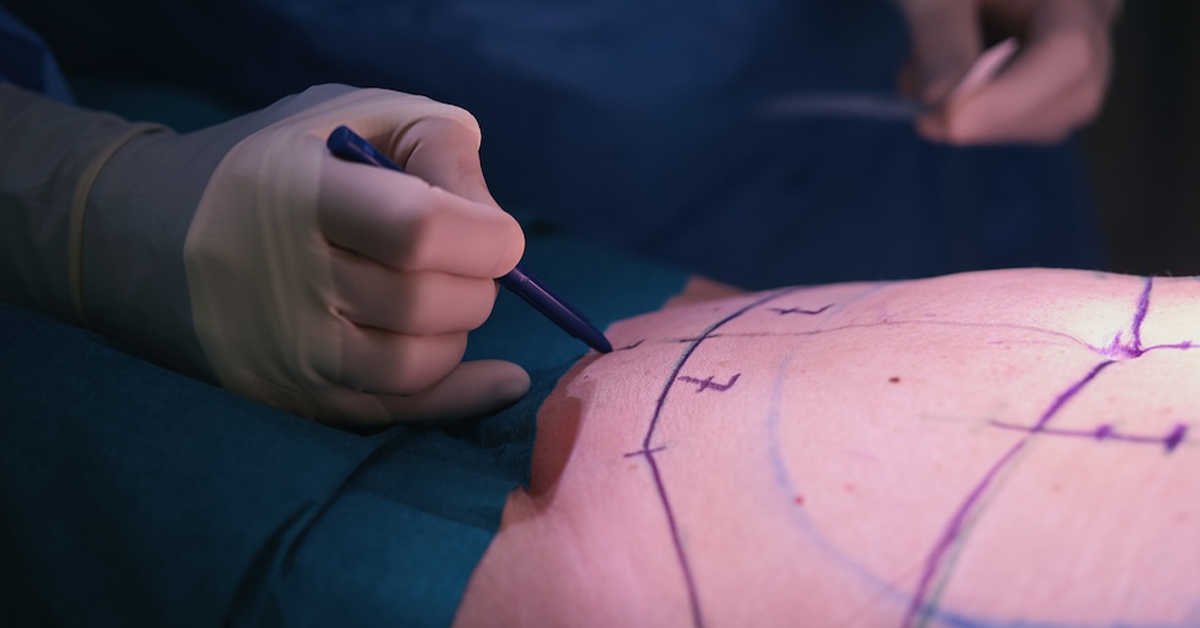What Is a Botched Surgery?
Botched surgery refers to a medical procedure that has gone wrong, resulting in adverse outcomes for the patient. These surgical errors can occur due to various reasons, including negligence, improper techniques, equipment failure, or miscommunication between medical professionals.
In this article, we will explore five popular questions related to botched surgeries and delve into the causes, consequences, and preventive measures associated with such incidents.
What are the common causes of botched surgeries?
Botched surgeries can occur due to several factors, and understanding these causes is crucial in preventing such incidents. One common cause is surgical errors, including wrong-site surgery, incorrect incisions, or damage to vital organs during the procedure. Other causes may involve anesthesia complications, such as administering the wrong dosage or failing to monitor the patient adequately during the operation. Additionally, lack of communication among medical staff, inadequate training or experience, fatigue, and equipment malfunctions can contribute to botched surgeries.
To prevent such errors, hospitals and surgical teams should prioritize clear communication, thorough pre-operative planning, and double-checking of critical information, such as patient identification and surgical site. Implementing strict protocols, regular training, and ongoing evaluation of healthcare professionals can significantly reduce the likelihood of surgical errors.
What are the potential consequences of a botched surgery?
Botched surgeries can have severe consequences for patients, both physically and emotionally. Physical complications may include infections, excessive bleeding, organ damage, nerve injuries, or the need for additional corrective surgeries. These complications can lead to prolonged pain, disability, or even loss of life. Moreover, patients who have undergone a botched surgery often experience emotional trauma, anxiety, depression, and a loss of trust in the medical system.
In many cases, patients may seek legal recourse to hold the healthcare professionals or institutions accountable for the botched surgery and its consequences. It is crucial for individuals who have experienced a botched surgery to consult with a qualified attorney specializing in medical malpractice to understand their legal rights and options.
How can patients protect themselves from botched surgeries?
While patients cannot directly control the outcome of a surgical procedure, they can take certain steps to protect themselves. Firstly, it is essential to choose a reputable, experienced surgeon who specializes in the specific procedure required. Patients should research the surgeon’s credentials, experience, and success rates, and ask for references or testimonials from previous patients.
Open communication with the surgical team is also vital. Patients should ensure they have a clear understanding of the procedure, its potential risks, and the expected outcomes. Asking questions, seeking second opinions, and discussing any concerns with the surgeon and anesthesiologist can contribute to a safer surgical experience.
Additionally, it is beneficial for patients to maintain their overall health before the surgery, including following pre-operative instructions, disclosing any medical conditions or allergies, and providing accurate information about medications or supplements they are taking. Patients should also have a trusted advocate or family member present during the process to act as a second pair of eyes and ears.
Are surgery centers doing enough to prevent failed surgeries?
Surgery centers have a responsibility to ensure patient safety, which includes taking proactive measures to prevent botched surgeries. Many centers have implemented safety protocols, such as the World Health Organization’s Surgical Safety Checklist, which aims to reduce surgical errors and improve patient outcomes. This checklist includes steps like verifying patient identification, confirming the correct surgical site, and conducting a final review before starting the procedure.
However, despite these efforts, there is still room for improvement. Surgery centers need to prioritize ongoing education and training for their medical staff, encouraging open channels of communication and teamwork. Regular evaluations and audits of surgical processes and systems can help identify areas of weakness and implement necessary changes. Additionally, Surgery centers should create an environment that encourages reporting of incidents and near-misses, fostering a culture of continuous improvement and accountability.
Can botched surgeries be prevented entirely?
While it may be challenging to completely eliminate the risk of botched surgeries, significant strides can be taken to minimize these incidents. Employing advanced technologies, such as robotic-assisted surgeries and image-guided systems, can enhance surgical precision and reduce human error. Emphasizing the importance of teamwork, communication, and collaboration among healthcare professionals is also crucial.
Furthermore, public awareness campaigns and patient education initiatives can empower individuals to make informed choices, recognize potential risks, and take an active role in their own healthcare. By promoting transparency, accountability, and a patient-centered approach, the medical community can work towards a future with fewer botched surgeries.
Conclusion
Botched surgeries are serious medical errors that can have devastating consequences for patients. Understanding the causes, consequences, and preventive measures associated with these incidents is crucial for patients, healthcare professionals and Surgery centers.
By prioritizing patient safety, fostering open communication, and continuously improving surgical processes, the medical community can strive towards reducing the occurrence of botched surgeries and ensuring better outcomes for patients.
Plastic Surgery in Miami, FL
The first step in getting a Plastic Surgery in Miami is to schedule a consultation with us. If you are interested in learning more, call us now at (305) 406-9055 or schedule a consultation online Now.







